Discover Autism Science Foundation Weekly Science Report
Autism Science Foundation Weekly Science Report

Autism Science Foundation Weekly Science Report
Author: Autism Science Foundation
Subscribed: 1,352Played: 25,662Subscribe
Share
© Copyright Autism Science Foundation
Description
The Autism Science Foundation Weekly Science Podcast is a summary of the latest research in autism spectrum disorders. This podcast will discuss new science, research discoveries, meetings and discussions, news reports, and other information important to those affected by autism especially families.
78 Episodes
Reverse
Two pediatricians, a child neurologist and a child psychiatrist walk into the ASF weekly science podcast to discuss the safety, efficacy and appropriateness of leucovorin, the drug that the HHS is fast tracking through the FDA approval process. Does it work? Is it safe? What should I do or know when I talk to my … Continue reading "A lesson on leucovorin"
The National Institutes of Health just awarded $50million to 13 different research sites to better understand genetic and environmental contributions to an autism diagnosis, or increase in prevalence in autism, as well as environmental factors which improve the quality of life for children and adults with ASD. You can read about them here or listen … Continue reading "Have you heard the good news?"
In an effort to better understand the causes of autism in those with a known genetic variant associated with ASD or other developmental disorders, in 2010, the Simons Foundation launched Simons VIP, now known as Simons Searchlight – an online international research program studying nearly 200 rare genetic neurodevelopmental disorders and working with over 60 patient … Continue reading "Happy Birthday Simons Searchlight!"
This week the @WSJ reported that the upcoming MAHA report will include acetaminophen (also known as Tylenol in the United States, although it is used all over the world) use during pregnancy as a cause of autism. Acetaminophen is used in about 7.5 % of pregnant women. This is one of many environmental exposures that … Continue reading "Let’s Talk Tylenol"
This week, Drs. Casey Burrows from @UMN and Shuting Zheng from @UTexas discuss a new paper looking at sex differences in autism features from 20-40 months of age. A new analysis done with data from the Baby Siblings Research Consortium concludes that, early in life, girls with autism show differences in some autism features (like … Continue reading "This one’s for the girls"
As the autistic brain ages, is it more vulnerable to other brain disorders? Recent scientific discoveries in Parkinson’s Disease and Alzheimer’s Disease show that there may be an underlying mechanism between these diseases and autism. However diagnosing someone with autism with an additional brain disorder, especially dementia, can be difficult. This week’s podcast covers the … Continue reading "Autism and diseases of the aging brain"
This week’s podcast includes summaries from two new scientific studies (with comments from one of the studies’ authors @SimonsFoundation and @princetonPPH) about that tackle grouping and labeling the differences across the spectrum into meaningful subtypes. Both provide scientific evidence, including behavioral and biological data, that support the use of different labels. This is more evidence … Continue reading "What labels should be used to describe autism?"
This week’s ASF weekly science podcast features Dr. David Amaral, who directs the Autism BrainNet. The Autism BrainNet is a program that organizes the collection of post-mortem brain tissue and then distributes it to autism researchers worldwide to better understand the brains of people with autism. He discusses major scientific discoveries about the mechanisms of … Continue reading "The Science of Autism BrainNet"
This week’s podcast includes Storyform Science founders H. Adam Steinberg and Holly Kerby, both scientists who now help other scientists use storytelling to convey the importance of their findings to a broad community. Anyone can do it, and it is so important to help communicate to the public, convince policymakers to listen and granters to … Continue reading "Helping science tell a story"
Gene therapies have been in the news lately. They are being used to help individuals who have a genetic variant linked to a disorder or disease, including but not limited to: spinal muscular atrophy, carbamoyl phosphate synthetase 1 (CPS1) deficiency, diabetes and some types of cancers. What is the promise in rare genetic forms of … Continue reading "Genetic therapies in store for neurodevelopmental disorders"
The NIH has launched the new Autism Data Science Initiative: https://dpcpsi.nih.gov/autism-data-science-initiative/funding-opportunities#section1, which brings questions about why linking different data sets is important. It can be done without including personal identifying information, and it should be done following ethical guidelines. If done correctly, using large datasets can answer questions relating to treatment, cause, better identification and … Continue reading "What we learn from linking data"
This year’s International Society of Autism Research Meeting was filled with great presentations about causes, diagnosis, interventions, mechanisms, supports, understanding sex differences and different populations of those with autism. But not everyone could fly to Seattle to attend. This week’s podcast provides a short summary of just some of the science presented. Michael Lombardo provided … Continue reading "News from the International Society for Autism Research Meeting, 2025"
With the International Society for Autism Research underway and a new wave of misunderstanding about scientific evidence in autism, it’s time to think about what is science, how is it conducted, and why does it take so long? Who benefits from science and how? This is just the start, but gives a quick overview of … Continue reading "Why science?"
There is a cell in the brain called the microglia which has been traditionally overlooked as a target for therapies. New research supported by ASF and @FraxAresearch suggests that altering the function of microglia in the brain may help support the development of healthy and functional connections in the brain that may be impaired in … Continue reading "Microglia as a target for new interventions"
Catatonia is a syndrome which includes immobility, stupor, and sometimes regression in psychiatric wellness or even ability to feed or take care of ones self. This syndrome is seen in autism about 10% of the time but is is often overlooked or misdiagnosed. This may be because the symptoms are relatively rare or because catatonia … Continue reading "Let’s talk about catatonia"
Contextual factors, or external factors, are environmental influences and can impact not just a diagnosis but the life course of a person with autism and their families. A recent commentary by autism researchers around the world highlights the importance of these factors and provides resources on how they can be collected in a rigorous, but … Continue reading "Contextual Factors in Autism: What took us so long?"
Today’s #ASFpodcast explains the potential and the unknowns behind folate, known as leucovorin when prescribe, for treating autism. CBSNews reported on a “miraculous” study using leucovorin that will need further research before it lives up to the type. However, it is an example of how different biological markers may direct what treatments work best in … Continue reading "Is folate an evidence-based treatment for autism?"
The past couple of weeks have been a flurry of decisions involving government funding for research and health and wellness services. It’s been difficult to understand their impact without understanding the process in which science is evaluated for funding and policies around support of universities where the research takes place. In this podcast, we will … Continue reading "An Explanation of Some of the Recent Scientific Research Announcements"
On this week’s podcast, Dr. Elaine Clarke from @RutgersU discusses the role of adaptive behavior. This refers to the wide range of skills that a person with autism can exhibit. Can they hold a conversation? Dress themselves? Prepare a meal? These sets of skills are strongly influenced by cognitive ability. Dr. Clarke will talk about … Continue reading "How IQ impacts the “will do” of skills: adaptive behaviors"
Two therapies that are meant to alter brainwave activity, called Transcranial Magnetic Stimulation and Transcranial Direct Current Stimulation are receiving a lot of attention for potential efficacy in treating autism. They are non-invasive, which means treatment is provided on the scalp. While results vary, the overall evidence does not support these two interventions in helping … Continue reading "Do Transcranial Magnetic Stimulation and Direct Current Stimulation help people with autism? The latest science here."
















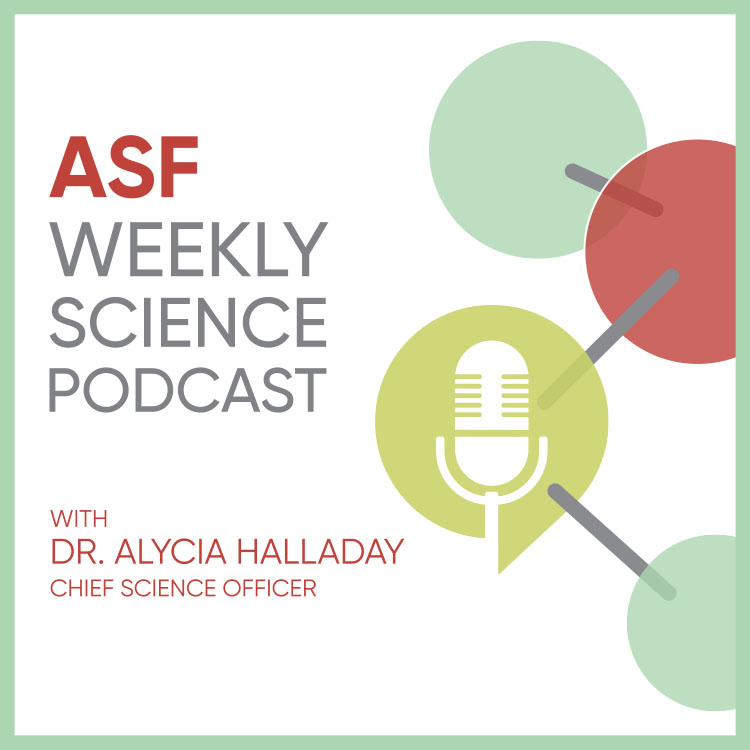
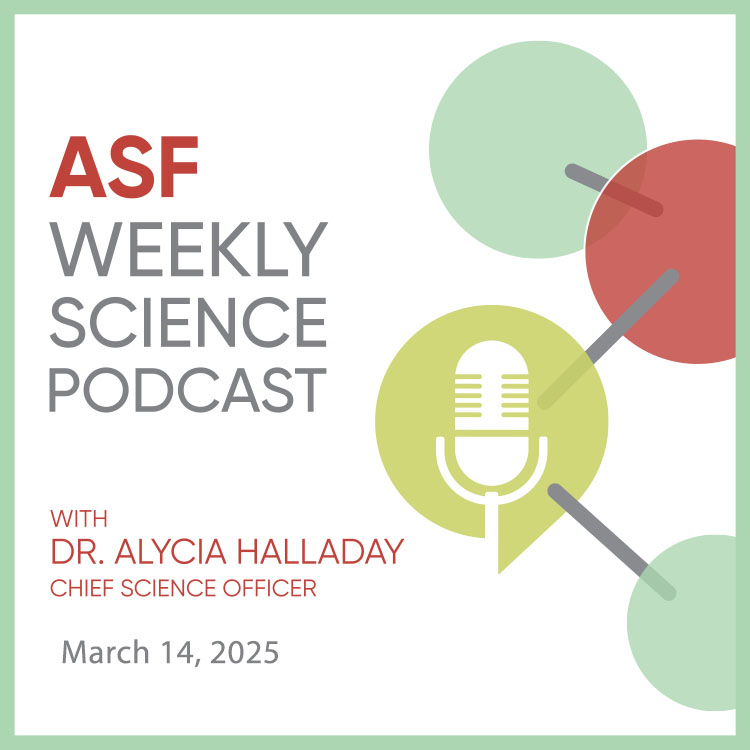
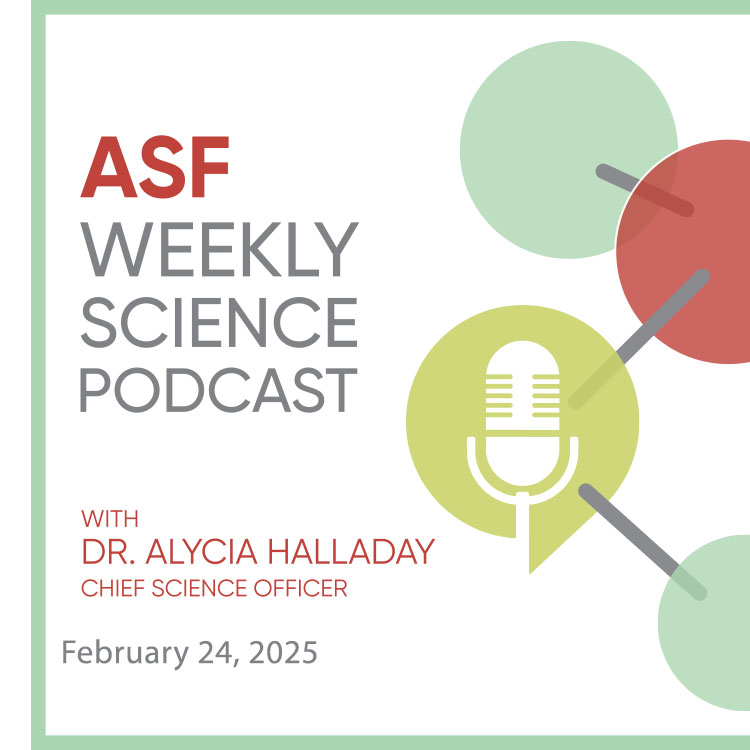
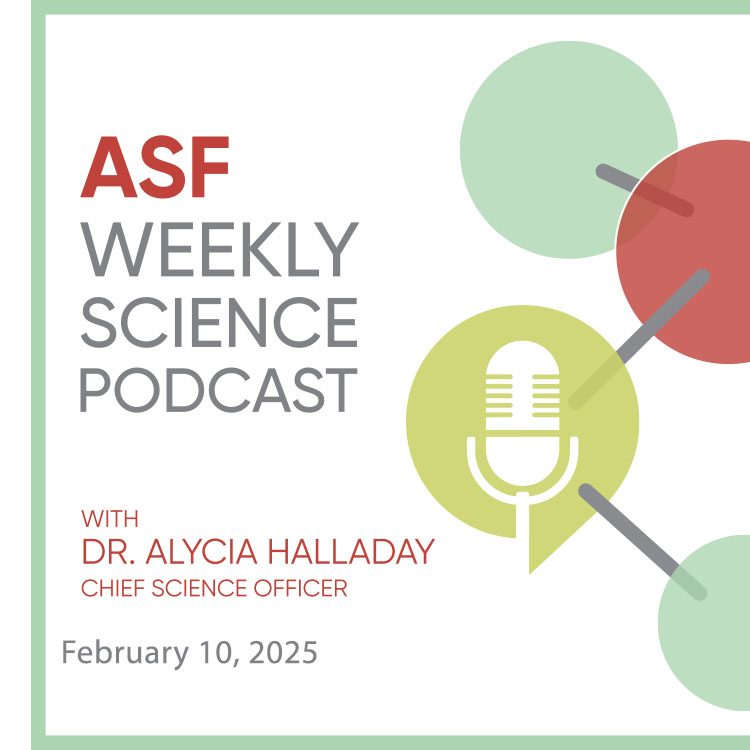
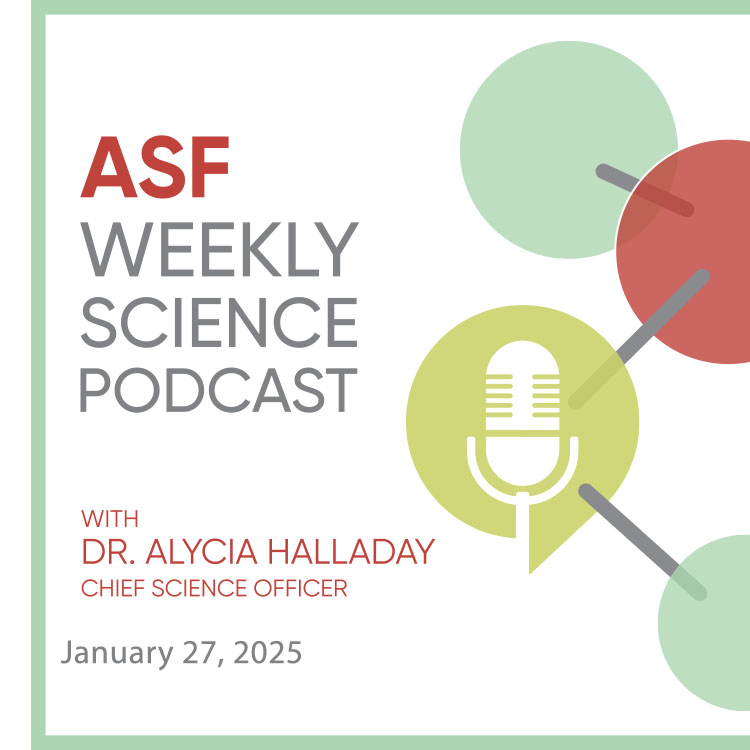
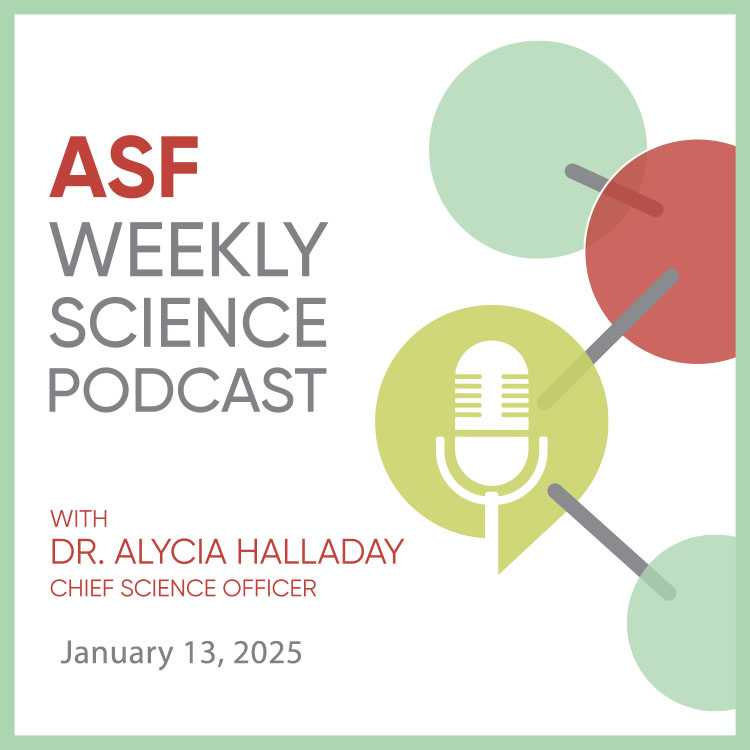



I'm really interested in the topics in your podcasts but why do you talk so fast, with very little pauses? It's really hard to follow
This is a brilliant podcast for anyone interested in keeping up on the latest research regarding autism.